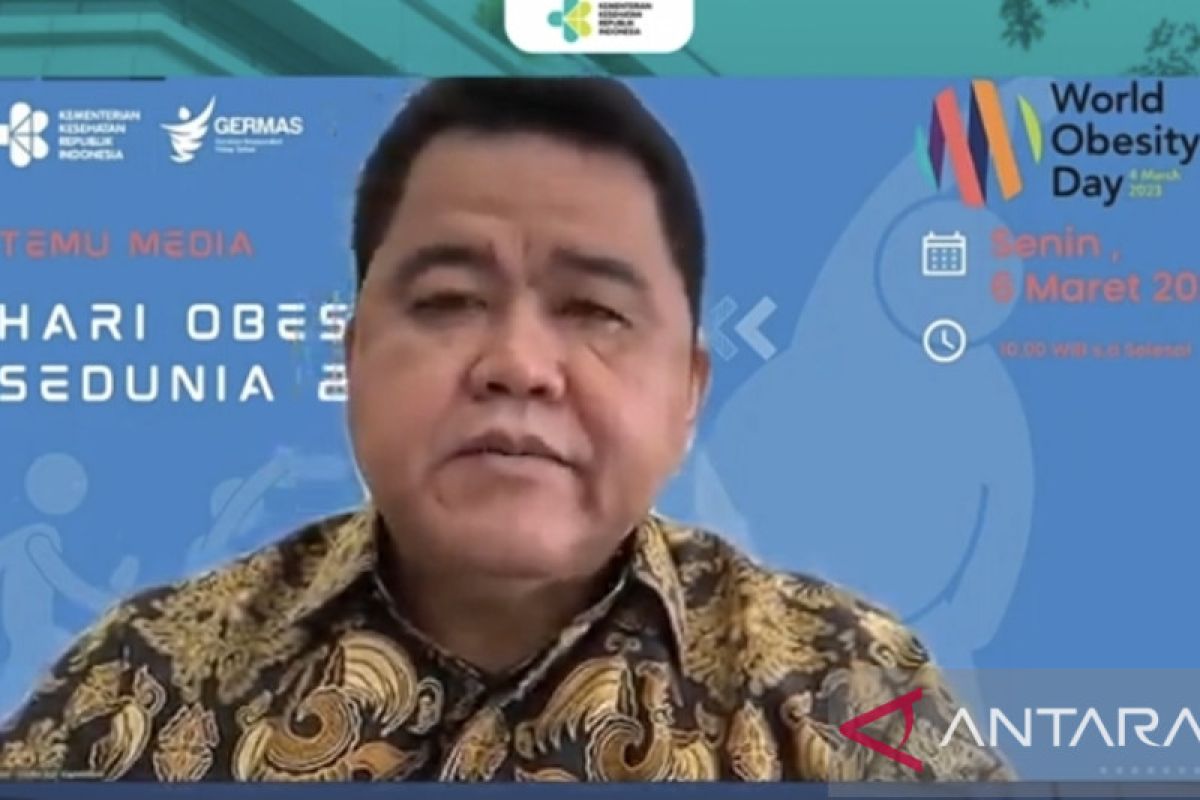"Even better is our proposal to the Ministry of Finance, (namely) for GGL-rich products to be included in (goods subject to) excise. This is very effective," the ministry's Director General for Disease Prevention and Control, Maxi Rein Rondonuwu, remarked.
Rondonuwu made the statement at a press conference during the commemoration of World Obesity Day 2023 followed online on Monday.
The policy aligns with Presidential Regulation Number 1 of 2017 on the Community Healthy Lifestyle Movement and Health Minister's Regulation Number 30 of 2013 that regulates the content of GGL in processed and ready-to-eat food products.
Based on the recommendations, sugar consumption should not cross 50 grams per day, salt consumption should not surpass two grams per day, and fat consumption is set at a maximum of 67 grams per day.
The 2018 Basic Health Research (Riskesdas) showed that 61.27 percent of Indonesia's population aged three years and above consume sweetened beverages more than once per day, while 30.22 percent consume sweetened drinks once to six times per week.
Meanwhile, only 8.51 percent consume sweetened drinks less than thrice a month.
Related news: Ministry outlines three strategies to tackle obesity in Indonesia
According to Rondonuwu, Indonesia's obesity prevalence increased significantly, from 2007 to 2018, from 10.5 percent to 21.8 percent.
"Obesity becomes a risk factor for non-communicable diseases, such as diabetes, heart disease, cancer, hypertension, and metabolic and non-metabolic diseases," he remarked.
Obesity is also the most significant contributor to deaths among people with cardiovascular disease, kidney disease, and diabetes.
He noted that in Indonesia, a regulation to control sugar, salt, and fat intake had been issued. However, the supervisory role, currently held by the Food and Drug Control Agency (BPOM), still needs to be strengthened.
The other preventive effort that the ministry encourages is the implementation of the Community Healthy Lifestyle Movement (Germas). In addition, the ministry encourages regional governments to ready smoke-free areas and promote eating a balanced diet and engage in physical activities.
World Obesity Day is observed every March 4. For this year, Indonesia is raising the theme of "Get to Know, Prevent, Overcome Obesity For a Healthier and More Productive Life."
Related news: Gov't preparing strategies to prevent obesity in children
Related news: Preventing stunting, obesity important for building quality HR
Translator: Andi Firdaus, Raka Adji
Editor: Yuni Arisandy Sinaga
Copyright © ANTARA 2023












